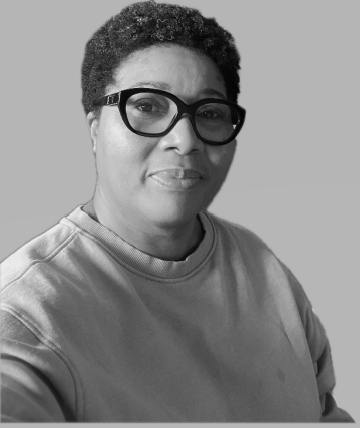Manufacturing Account (Cambridge (CIE) IGCSE Accounting) : Revision Note
Manufacturing Account
What is the total cost of production?
The total cost of production is the total of the direct costs and the indirect costs
This is adjusted due to the work in progress not being finished
Add the value of the work in progress from the beginning of the year
Subtract the value of the work in progress from the end of the year
This is similar to dealing with inventory when calculating the net purchases for a trading business
Cost of production
= Direct materials
+ Direct labour
+ Direct expenses
+ Factory overheads
+ Opening work in progress
- Closing work in progress
Examiner Tips and Tricks
A business might use a factory and an office. Only the factory expenses are included in the cost of production.
How do I complete a manufacturing account?
STEP 1
Calculate the cost of materials consumedStart with the opening inventory of raw material
Add the purchases of raw materials
Subtract purchases returns
Add carriage inwards
Subtract the closing inventory of raw materials
STEP 2
Calculate the prime costStart with the cost of materials consumed
Add direct labour
Add direct expenses
STEP 3
Calculate the cost of factory overheadsAdd together any costs linked to the factory but not the production
The production costs should be included in the prime cost
STEP 4
Add the prime cost and the factory overheadSTEP 5
Adjust for the work in progress to calculate the cost of productionAdd the opening balance for the work in progress to the current total cost
Subtract the closing balance for the work in progress
This final value is the cost of production

Examiner Tips and Tricks
Remember the finished goods do not appear on the manufacturing account. They appear on the income statement.
Worked Example
Comfy Chairs is a manufacturer of specialist garden chairs. The following information is available from the business for the year ended 31 August 31 2023.
$ | |
Inventory at 1 September 2022 Raw materials Work in progress Finished goods |
45 000 6 000 51 000 |
Inventory at 31 August 2023 Raw materials Work in progress Finished goods |
53 750 8 000 42 000 |
Purchases of raw materials | 160 000 |
Factory rent | 24 000 |
Royalties | 3 440 |
Depreciation of factory equipment | 6 400 |
Factory heating and lighting | 5 500 |
Wages of factory operatives | 16 000 |
Wages of factory supervisor | 8 000 |
Factory insurance | 4 220 |
Prepare the manufacturing account of Comfy Chairs for the year ended 31 August 2023.
Answer
Identify:
The direct materials
Raw materials and purchases
The direct labour
Wages of factory operatives
The direct expenses
Royalties
Ignore the inventory of finished goods
The other costs are the factory overheads
Prepare the account in the required format.
Comfy Chairs Manufacturing Account for the year ended 31 August 2023 | ||
Cost of material consumed | ||
Opening inventory of raw materials | 45 000 | |
Purchases of raw materials | 160 000 | |
205 000 | ||
Less: Closing inventory of raw material | 53 750 | |
151 250 | ||
Direct wages - factory operatives | 16 000 | |
Direct expenses - royalties | 3 440 | |
Prime cost | 170 690 | |
Factory overheads | ||
Factory rent | 24 000 | |
Factory insurance | 4 220 | |
Wages - supervisor | 8 000 | |
Factory heating and lighting | 5 500 | |
Depreciation of factory equipment | 6 400 | 48 120 |
218 810 | ||
Add: Opening work in progress | 6 000 | |
224 810 | ||
Less: Closing work in progress | 8 000 | |
Cost of production | 216 810 | |

You've read 0 of your 5 free revision notes this week
Sign up now. It’s free!
Did this page help you?

